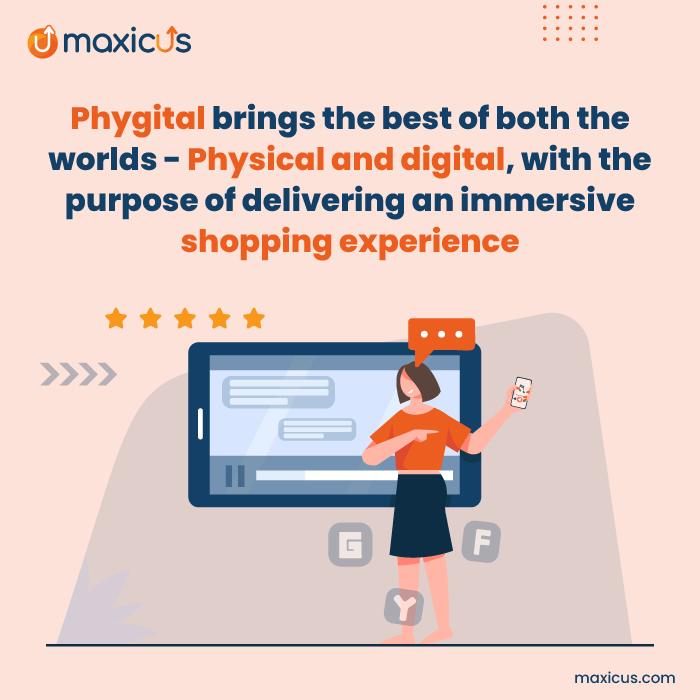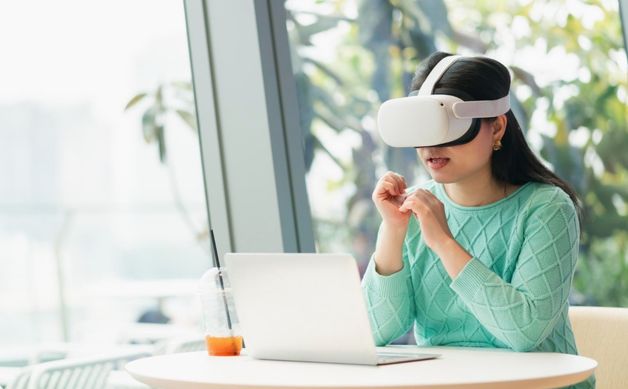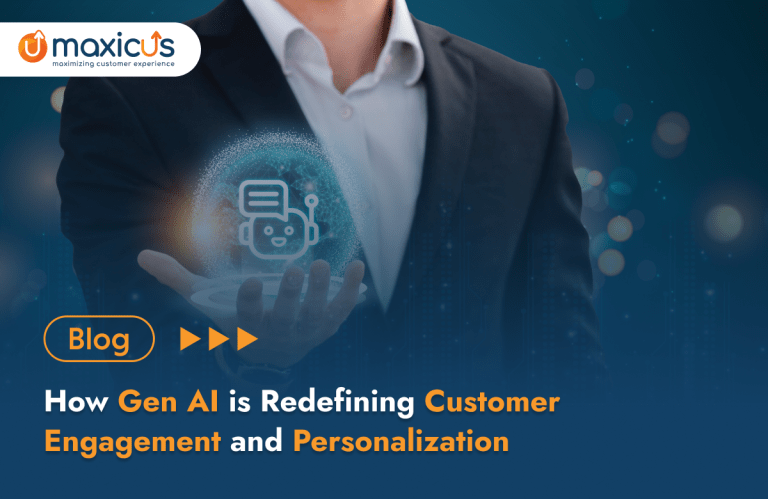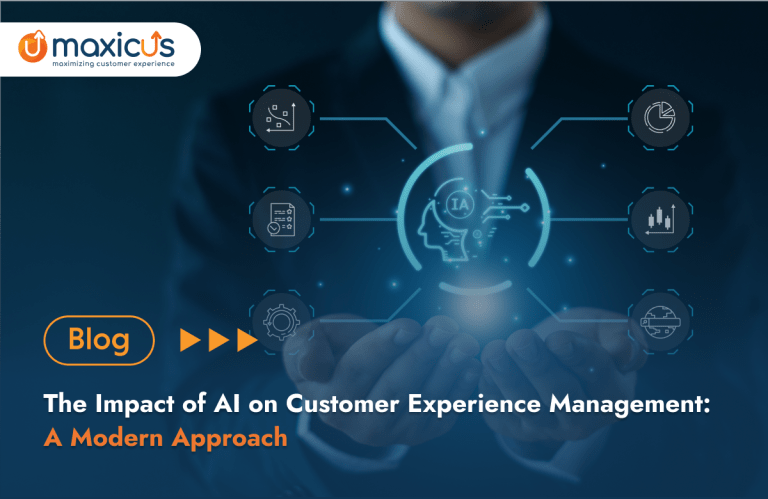Explore The Possibilities Of Next-Gen Virtual Commerce With Phygital
In a rapidly developing world, businesses need to stay ahead of the curve and adopt new technologies to thrive. The retail industry is no different. With the rise of eCommerce and mobile commerce, traditional brick-and-mortar retailers have had to change their business models to keep up. One of the latest trends in retail is the Phygital Customer Experience, which combines the best of both the physical and digital worlds. Phygital commerce offers a unique and immersive shopping experience that blends the convenience of online shopping with the personal touch of in-store shopping.
What is Phygital Commerce?
Phygital commerce is a term that refers to the integration of the physical and digital worlds in the retail experience. It is the blending of the traditional brick-and-mortar shopping experience with the convenience and accessibility of digital commerce.
In this phygital world, physical stores are enhanced with virtual stores, where customers can access the full online product catalog, view product information and reviews, and even make purchases online while in the store. At the same time, the virtual world is enhanced with the physical stores, where customers can try out products, get a sense of the brand’s values, and even make returns.
How is Phygital changing the Retail Industry?
This creates a unique phygital experience that combines the best of both worlds. By leveraging the latest digital technologies, retailers can create more engaging, personalized, and convenient shopping experiences that drive sales, increase customer loyalty, and generate new revenue streams.

Benefits of Phygital Commerce
1. Increased convenience for customers:
Phygital retailing allows customers to shop anytime, anywhere, and from any device. It also offers businesses the opportunity to improve their customer service. With the use of technology, businesses can provide customers with a more personalized shopping experience tailored to their individual needs and preferences.
2. Enhanced product visibility:
Phygital retailing can help businesses improve their products’ visibility by opening Virtual Shopping stores. With digital displays and other digital marketing tools, businesses can ensure that a larger number see their products as people.
3. Increased efficiency:
Phygital retailing can help businesses increase efficiency by automating certain processes. For example, businesses can use data collected from phygital Virtual Shopping Experience interactions to automate placing orders and delivering products. This can save businesses time and money.
4. Reduced costs:
Phygital retailing can help businesses reduce costs by eliminating the need for physical storefronts. Businesses can sell their products and services online without incurring the costs associated with traditional brick-and-mortar stores.
Phygital retailing can help businesses increase their return on investment (ROI). Using technology, businesses can track data and analytics to determine which marketing strategies are working and which are not.
5. Flexibility:
Phygital Services retailing also allows businesses to be more flexible in their operations. With this model, businesses can easily scale up or down depending on their needs. Additionally, businesses can quickly adapt to changes in the market and consumer trends.
How does Phygital Commerce work?
Phygital involves using technology to blur the lines between physical and digital shopping experiences. There are several ways that retailers can implement it:
- In-store tablets and kiosks allow customers to order products online and have them delivered to their homes or office.
- Digital signage that provides interactive, personalized content.
- Beacon technology sends push notifications to shoppers’ phones as they walk by specific products.
- AR/VR technology that allows shoppers to do Virtual Shopping and try on products before they buy them
- The goal of phygital is to create a seamless, omnichannel shopping experience that meets the needs of modern consumers.
What are the challenges of Phygital?
Despite the many benefits of phygital, there are still some challenges that need to be addressed before it can become a mainstream reality:
Lack of standardization:
There is no one-size-fits-all solution for the Phygital Platform. Retailers must find the right mix of technologies and strategies that work for their specific business.
High costs:
The initial investment required to implement phygital can be significant. Retailers need to consider the ROI of phygital before deciding to invest carefully.
Privacy concerns:
Phygital raises some privacy concerns that must be addressed. For example, retailers need to ensure that they are not collecting too much data on their customers and respecting customer privacy.
Security concerns:
Retailers must ensure that their systems are secured and customers’ data is protected while using the phygital platform.
Phygital offers more benefits than challenges for both retailers and shoppers. However, several bottlenecks still need to be addressed before it can become a mainstream mode of commerce.
Conclusion
Phygital commerce offers a unique and immersive shopping experience that blends the convenience of online shopping with the personal touch of in-store shopping. There’s no doubt that phygital commerce is the future of retail. This trend has already taken off, and it will only become more popular in the years to come.










